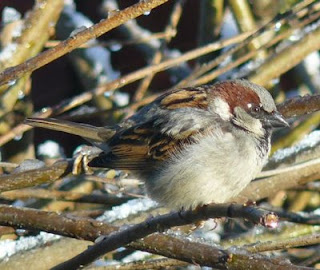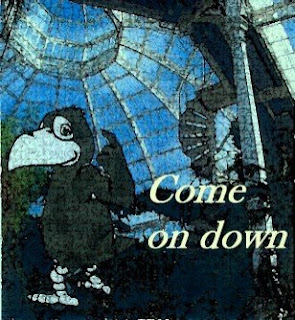Big
Garden
Garden
Birdwatch.
The 2009 Big Garden Birdwatch takes place at the end of January and all you need to do to take part is watch the local birds in your garden or park for an hour.
Last January, more than six and a half million birds were counted in 236,000 gardens!, were you one of the watchful diligently counting in your garden or local park.This years Big Garden Birdwatch runs on 24-25 January 2009 and we'd love you to take part!
Last January, more than six and a half million birds were counted in 236,000 gardens!, were you one of the watchful diligently counting in your garden or local park.This years Big Garden Birdwatch runs on 24-25 January 2009 and we'd love you to take part!
What happened last year?


In last year' s January weekend count the Goldfinch claimed 'Top spot' in Merseyside with an average of 1.64 seen per garden. Nationally with an average of 3.60 seen per garden, the House Sparrow retained its top spot with Starlings coming in second and Blackbirds completing the top three.
 Why not Join us at our events at Sefton Park Palm House Sunday 25 January 2009
Why not Join us at our events at Sefton Park Palm House Sunday 25 January 2009Our event starts at noon and finish at 4pm.
Closely observe the birds at our feeding stations through telescopes. People will be on hand for identification and general information on Garden Birdwatching and the RSPB. Kids colouring activities. Make your own pine code birdfeeder to take home.
Our friends at Sefton Park have asked wonderful story teller Taffy Thomas back to the Palm House, he'll be telling stories about our feathered friends to all our visiting children.
Meet our new Wildlife explorer team (RSPB WEX) and find out about their great Ticklish Allsorts Roadshow for kids, to be held on the evening of :27th January.
The British Trust for Ornithology BTO will be with us this year, promoting their all year round Garden Birdwatch recording scheme.




